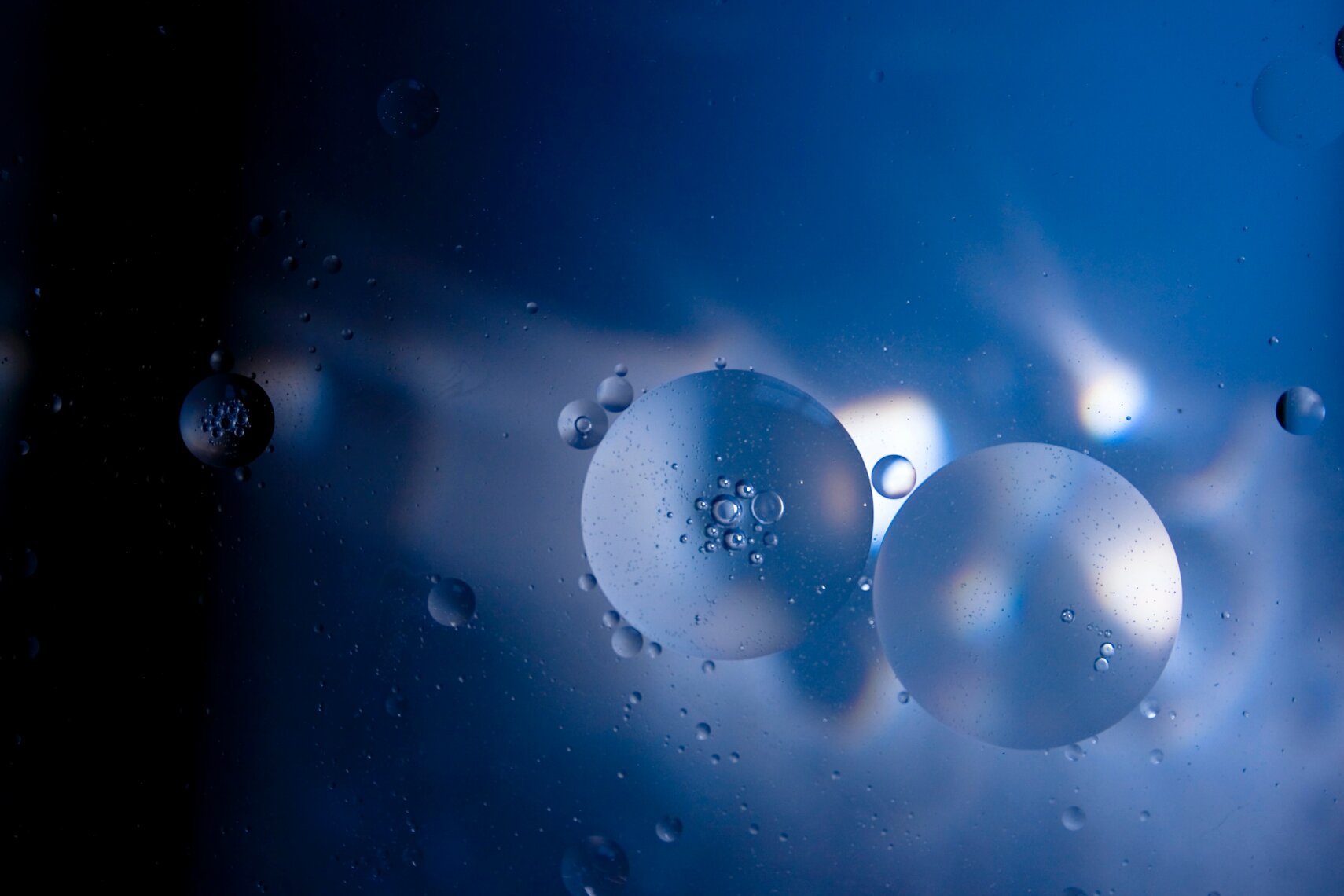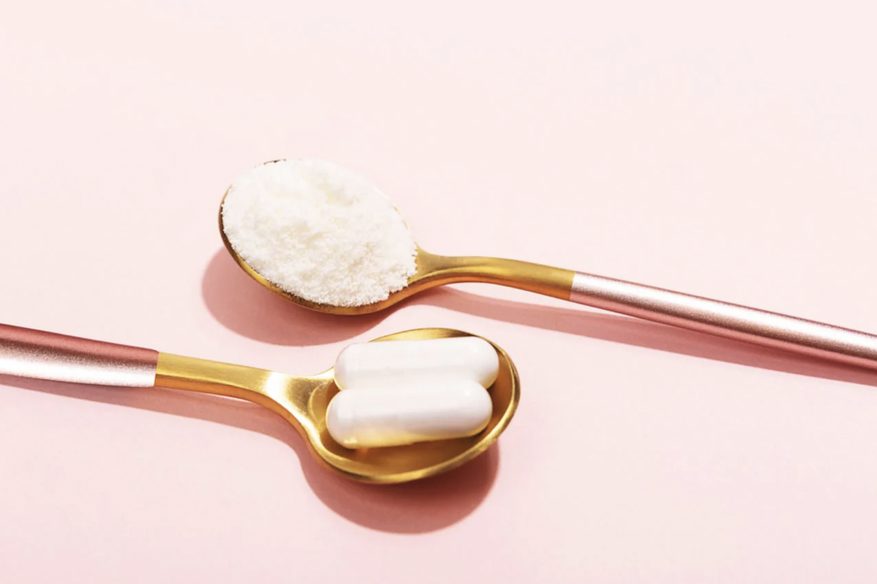 What’s the Difference Between Collagen Peptides and Hydrolyzed Collagen?
What’s the Difference Between Collagen Peptides and Hydrolyzed Collagen?
Fibroblasts
Fibroblasts are specialized cells that reside in various connective tissues throughout the body, and they play a vital role in the production and maintenance of collagen. These cells are intrinsically programmed to carry out the essential task of synthesizing and secreting collagen, which serves as the primary structural component of connective tissues such as skin, tendons, ligaments, and the extracellular matrix. The collagen matrix generated by fibroblasts provides the structural foundation that imparts strength, elasticity, and support to these tissues. As a result, fibroblasts are pivotal players in the body’s natural processes aimed at enhancing collagen levels and ensuring the integrity and function of connective tissues.
The process by which fibroblasts contribute to collagen production is a dynamic and highly regulated one. When the body experiences injury or tissue damage, fibroblasts become activated and begin to proliferate, migrate to the site of injury, and initiate collagen synthesis as part of the healing response. This newly produced collagen helps to repair and rebuild damaged tissues, ultimately restoring the tissue’s structural integrity and functionality. In addition to injury repair, fibroblasts are involved in the ongoing maintenance of collagen in connective tissues, ensuring that these tissues remain strong and resilient throughout a person’s life. Understanding the critical role of fibroblasts in collagen production underscores their significance in maintaining overall tissue health and the importance of factors that support their activity, such as proper nutrition and wound healing.
 What’s the Difference Between Collagen Peptides and Hydrolyzed Collagen?
What’s the Difference Between Collagen Peptides and Hydrolyzed Collagen?
 What is Bone Health and How Can Collagen Peptides Support It?
What is Bone Health and How Can Collagen Peptides Support It?
 Collagen Peptides: Support Your Skin the Nutritional Way
Collagen Peptides: Support Your Skin the Nutritional Way
 Does Ethnicity Affect How Our Skin Ages?
Does Ethnicity Affect How Our Skin Ages?



